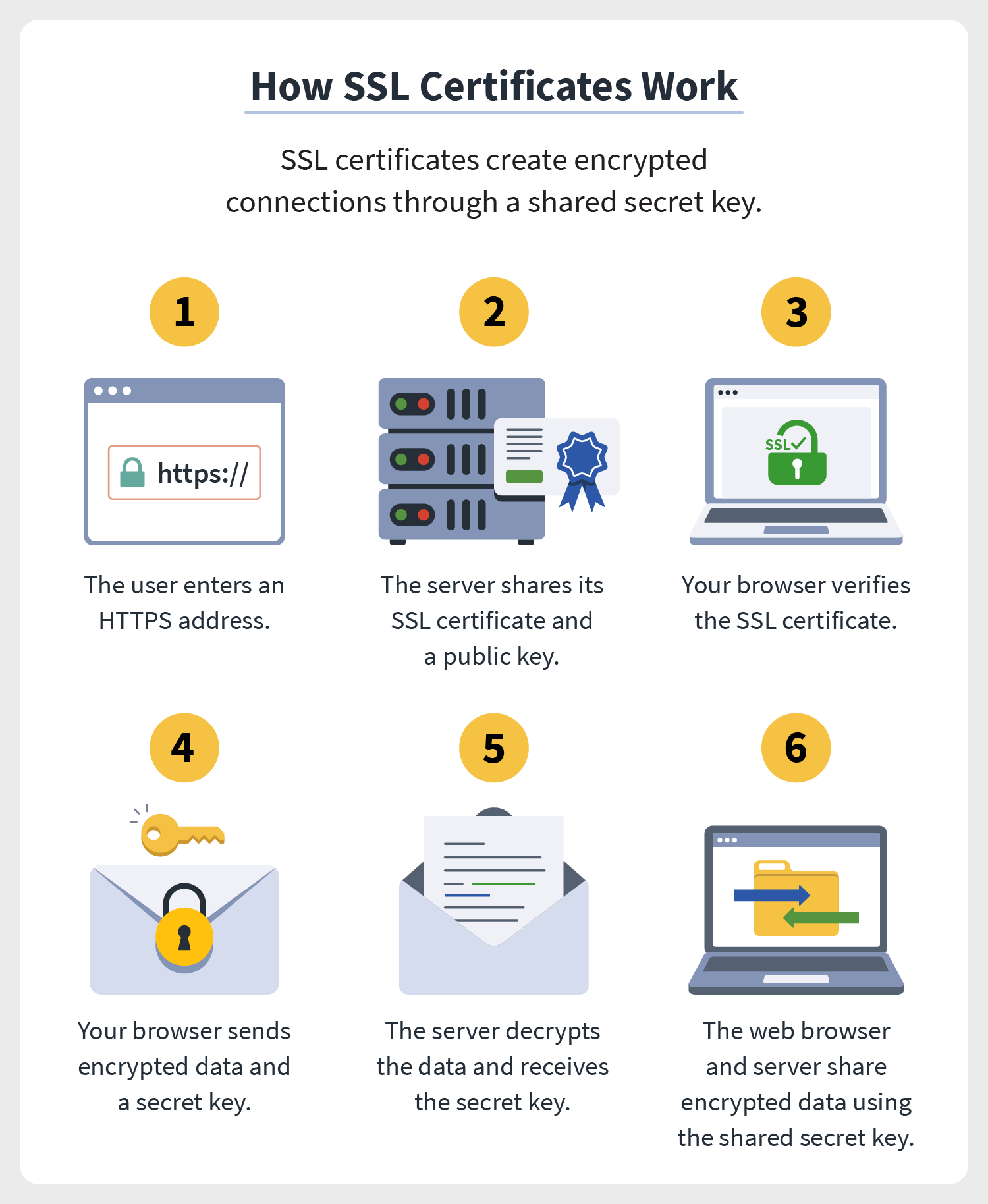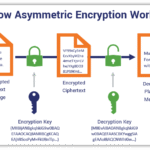In the digital realm, where information flows like water through a vast, intricate network of pipes, the concept of security becomes paramount. Enter the SSL certificate, a digital conduit that creates a secured pathway for data to traverse. Think of it as a well-guarded tunnel beneath the bustling city streets of the internet, where sensitive information can travel undetected and unharmed. In this exploration, we shall peel back the layers of SSL certificates and uncover the quintessence of their role in securing your site.
To understand the significance of SSL certificates, one must first appreciate the essence of data security. The internet is akin to an open market bustling with transactions, knowledge exchanges, and social interactions. However, just as an open market can become a target for pickpockets and fraudsters, so too can unprotected websites fall prey to malevolent entities. This is where SSL comes into play, functioning as both a shield and a secure envelope for your sensitive data.
What is an SSL Certificate?
An SSL (Secure Sockets Layer) certificate is a digital certificate that authenticates the identity of a website and encrypts the data exchanged between the user’s browser and the server. In our metaphorical market, it can be viewed as a badge worn by digital vendors that assures customers of their honesty and trustworthiness. Without such a badge, users may question the legitimacy of a site, potentially forgoing essential transactions or interactions.
The implementation of an SSL certificate generates a unique cryptographic key pair, comprising a public key and a private key. The public key is shared openly, while the private key remains closely guarded by the server. This asymmetric encryption serves as a sophisticated lock-and-key mechanism, allowing data to be exchanged securely while ensuring that only the intended recipients can access the information. Just as vaults protect the treasures within, SSL certificates safeguard digital communications.
Types of SSL Certificates
- Domain Validated (DV) Certificates: These are the most basic form, requiring only proof of domain ownership. They serve as the digital equivalent of a simple handshake, suitable for small personal sites.
- Organization Validated (OV) Certificates: Beyond proving domain ownership, OV certificates require verification of the organization’s legitimacy. This is akin to showing a government-issued ID—providing visitors with added trust.
- Extended Validation (EV) Certificates: The gold standard of SSL certificates, EVs undergo rigorous vetting processes. When a website employs an EV certificate, its name often appears in a green address bar, much like a prominent neon sign, signaling a high level of trust.
The Encrypting Process
To elucidate further, let’s delve into the encryption process that SSL employs. When a user attempts to connect to a secured site, the browser initiates a handshake with the server. This handshake involves the exchange of various keys and the SSL certificate itself. The server, armed with its SSL certificate, verifies its identity to the client’s browser. If verified successfully, the user’s browser creates a unique session key for that particular connection, allowing data to flow securely between the two parties.
This process is akin to a sophisticated lock mechanism; only the destined parties are allowed to possess the specific keys to unlock the gentle flow of information. As the data traverses through this encrypted tunnel, potential cyber-pirates lingering on the sidelines find themselves thwarted, unable to decipher the encapsulated communications.
The Importance of SSL Certificates
In a world that increasingly prioritizes privacy and data protection, the importance of SSL certificates cannot be overstated. Google champions secure sites, favoring them in search rankings, while browsers now mark non-SSL sites as “Not Secure.” This dual pressure influences site owners to adopt SSL as a means of maintaining a competitive edge.
Moreover, customer trust hinges profoundly on security measures. Shoppers and browsers alike are more likely to engage with a site that bears the comforting presence of an SSL certificate. It is a quiet assurance against the specter of data breaches, identity theft, and other malevolent cyber threats. Just as travelers will gravitate towards hotels that boast of modern security, digital users will favor websites that prioritize their safety.
Conclusion
The advent of SSL certificates has ushered in a new era of security within the digital landscape. As the open market of the internet continues to evolve, the need for rigorous security measures becomes ever more pronounced. These certificates stand as vigilant sentinels, easing the minds of users and upholding the integrity of the information exchange process. In embracing SSL, site owners not only protect their data but also cultivate an environment ripe with trust and reliability.
As we navigate further into the digital future, the importance of SSL certificates will only magnify. They are not mere technicalities but foundational elements of our online existence, ensuring that our every click is accompanied by a seamless cocoon of safety. In this landscape, SSL stands as a beacon of assurance, illuminating the path towards a secure and trustworthy internet.








Leave a Comment